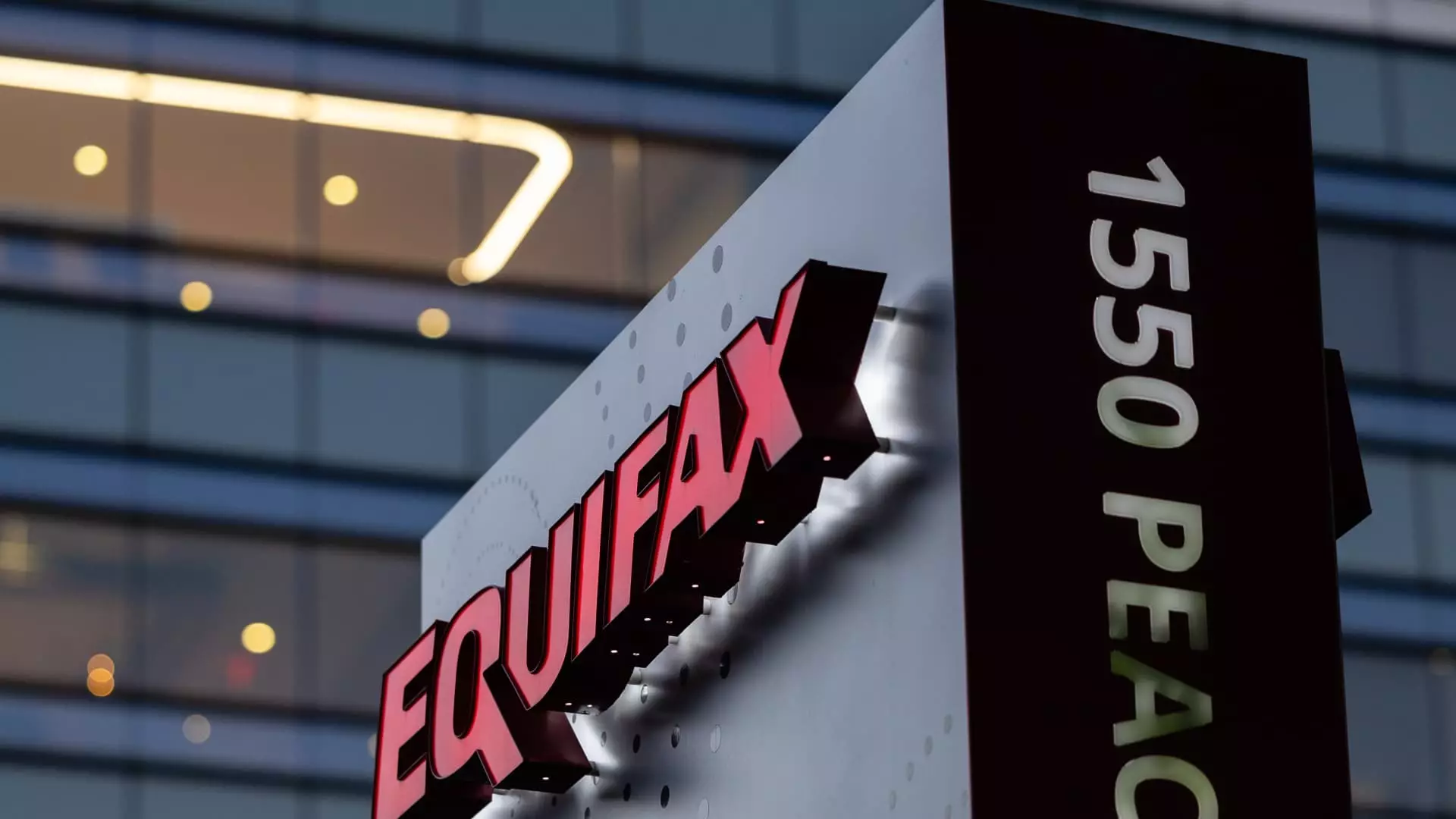Equifax, one of the titan trio in the credit reporting industry, was recently slapped with a hefty $15 million fine by the Consumer Financial Protection Bureau (CFPB) due to serious mishaps in handling consumer credit disputes. The investigation revealed alarming practices that not only undermined consumer rights but also highlighted the vulnerabilities in large data management systems. With Equifax being responsible for millions of consumer credit reports, such failures can lead to substantial financial repercussions for individuals, emphasizing the importance of accountability within the credit reporting sector.
The CFPB’s allegations against Equifax are serious and multifaceted. The bureau stated that Equifax failed to conduct thorough investigations when consumers disputed inaccuracies on their credit reports. This negligence included ignoring vital documentation submitted by consumers, erroneously reintroducing previously eliminated errors, and disseminating conflicting information regarding the outcomes of disputes. Such lapses can create a cascading effect on individuals’ financial lives, making it difficult for them to secure loans, rent properties, or even secure employment. Adam Rust from the Consumer Federation of America highlighted the gravity of the situation, stating that errors in credit reports can distort one’s financial standing and affect fundamental life choices.
Equifax’s operational failures are not merely isolated incidents; they reflect larger systemic issues within the credit reporting framework. With approximately 765,000 consumer disputes processed monthly, the severity and frequency of inaccuracies can detrimentally impact millions. The CFPB stated that Equifax’s shortcomings have persisted since at least 2017, revealing chronic issues that have yet to be adequately addressed. This situation underscores the question of consumer trust in institutions designed to safeguard financial integrity. If a company as influential as Equifax cannot manage its responsibilities effectively, how can consumers feel secure in their financial dealings?
Following the fines and public scrutiny, Equifax has committed to reform. The company reportedly invested over $1.5 billion in upgrading its technological backbone and refining its dispute resolution processes. A representative from Equifax conveyed a sense of accountability, declaring that even one error that affects a consumer is one too many. While these promises of transformation are reassuring, it remains to be seen whether these changes will yield tangible results for consumers or if they are merely a temporary measure aimed at placating regulatory bodies and public sentiment.
This enforcement action against Equifax is not unique. The CFPB has also targeted other credit bureaus—most notably Experian, which faces its own legal battles over inadequate investigation procedures. Chi Chi Wu of the National Consumer Law Center emphasized that these disputes are reflective of deeper-rooted issues in the credit reporting industry. Despite ongoing reforms, the persistent nature of such negligence raises a critical concern about whether substantive changes will truly materialize. This cycle of inadequacy reflects a deeply entrenched problem that requires major overhauls in industry practices.
In light of these developments, consumers must take proactive measures to safeguard their financial health. Checking credit reports annually is not just a recommendation but a necessity, especially given the scope for errors. The Federal Trade Commission advises individuals to recognize key identity information and validate account statuses to ensure accuracy. Utilizing services like AnnualCreditReport.com allows consumers to monitor their credit profiles effectively. In the event of discrepancies, consumers are encouraged to lodge written disputes, ideally via postal mail, and seek documentation of the process.
The cases against Equifax and similarly situated companies reflect a pressing need for systemic changes in the credit reporting infrastructure. While individual consumers can take steps to protect themselves, the underlying issues necessitate comprehensive industry reforms to ensure accountability and transparency. If credit reporting agencies fail to uphold their fundamental duties, they risk eroding trust and further victimizing individuals who rely on accurate financial information. Only through rigorous enforcement and consumer empowerment can a more equitable financial system emerge, safeguarding the rights and interests of all.

